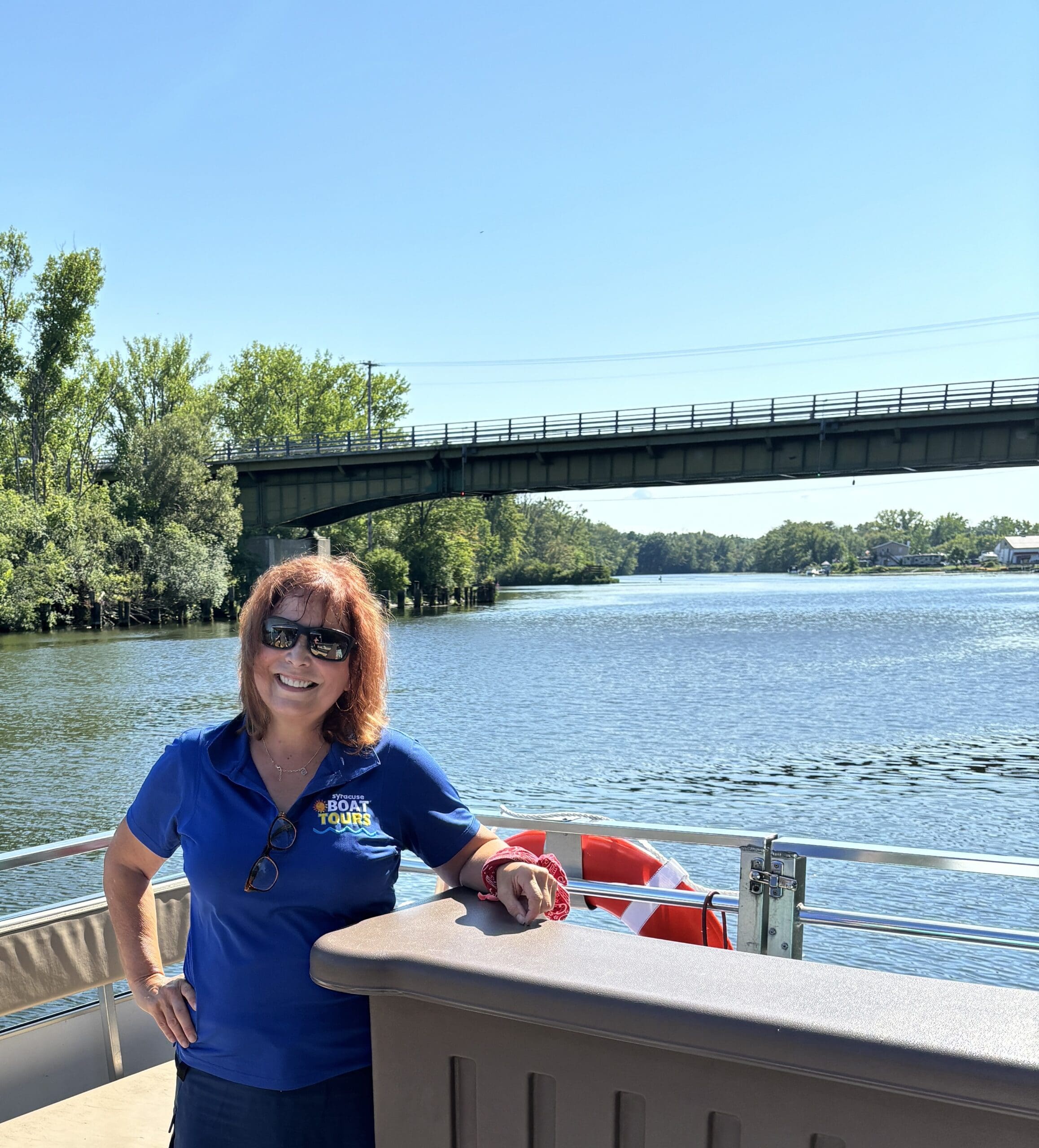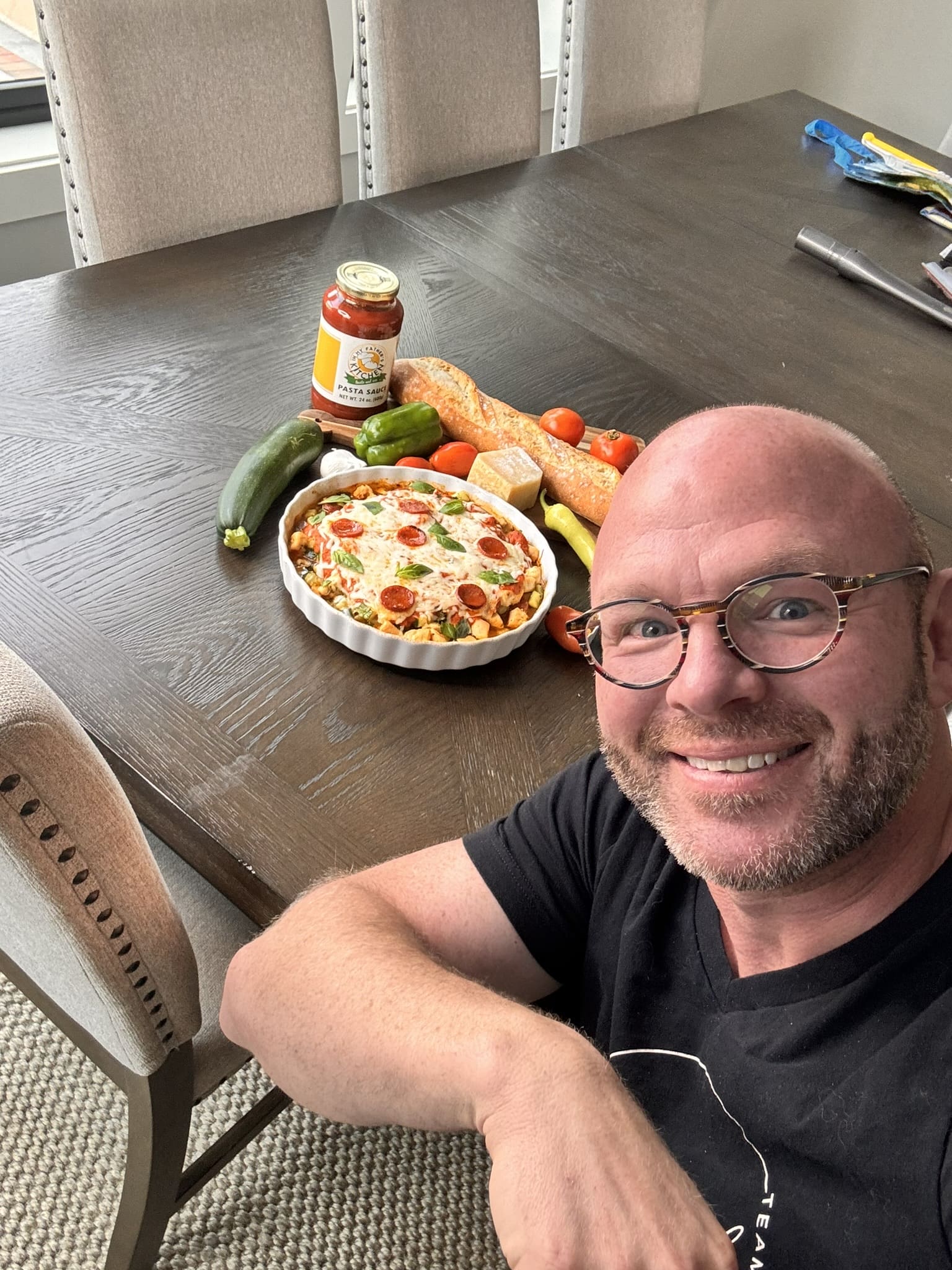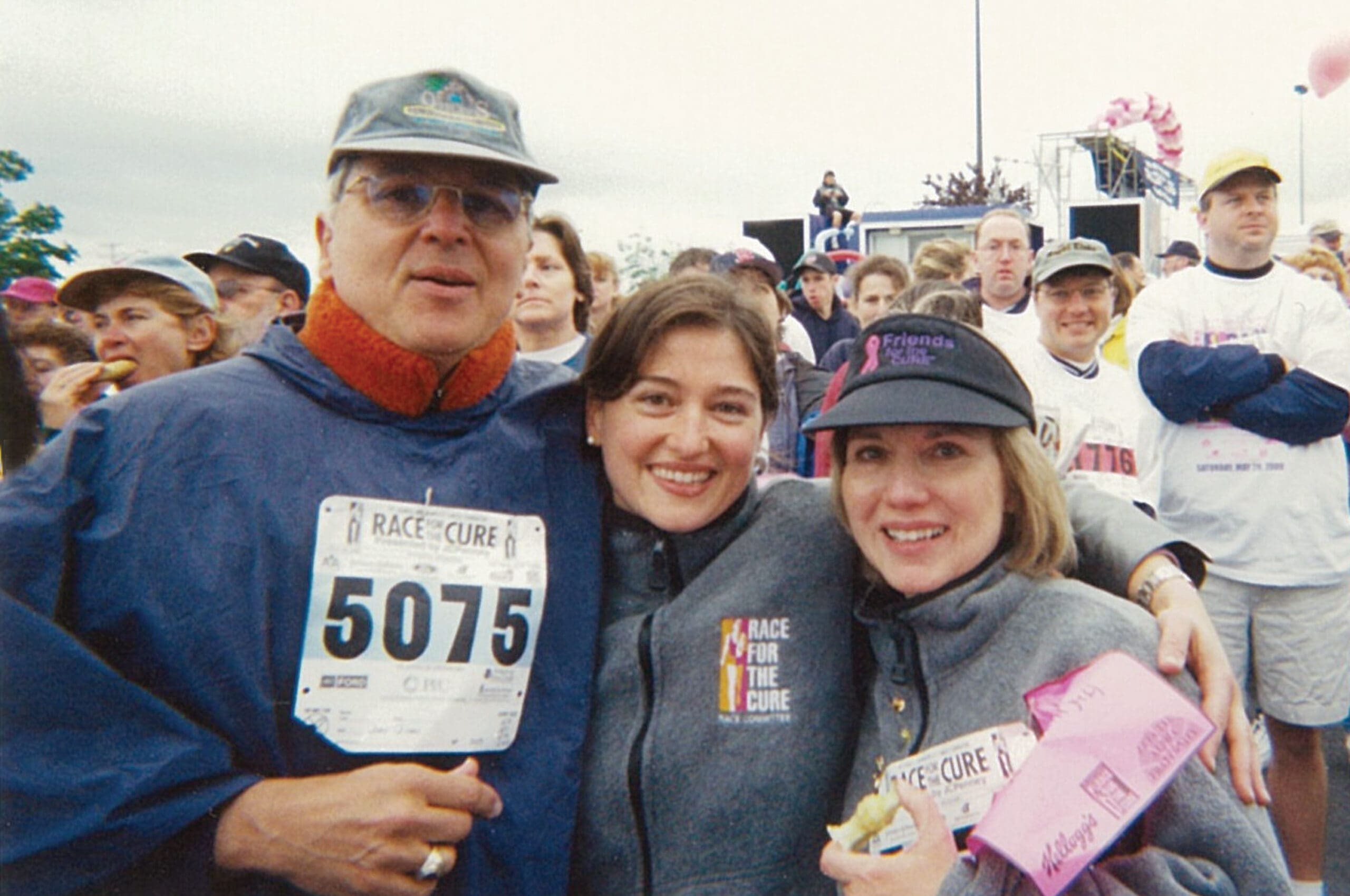You’d never know Tasha Benjamin had a heart attack.
In fact, Tasha herself didn’t know it until her doctor told her.
“[My doctor said], ‘Yeah, I need to refer you [to a cardiologist],’” Tasha recalled. “I’m like, ‘Okay, why?’ And she’s like, ‘Well, you’ve had a heart attack. Have you had a heart attack?’ And I chuckled, ‘No, I think I would remember.’ But it was right there on the EKG.”
Tasha experienced what’s known as a silent heart attack: a coronary event without obvious symptoms. Some studies suggest silent heart attacks—known medically as silent ischemia, or lack of oxygen to the heart muscle—are more common in women than men. Risk factors are the same as those for a more obvious heart attack, but the sufferer may chalk their symptoms up to anxiety or illness. And because sufferers don’t know they’ve experienced a medical emergency, they don’t seek treatment, which can lead to further damage to the heart.
While most who experience a silent heart attack feel some symptoms — pain in the jaw, chest, upper back or arm similar to a strained muscle, prolonged and excessive fatigue, faintness or nausea — Tasha said she didn’t recall feeling anything that she could pinpoint as being the moment when she suffered the attack.
“I could not think of anything that had happened,” she said. “I had no clue.”
Tasha’s saga began in 2014, when she learned during a routine physical that her blood pressure was elevated.
“Based on the numbers back then, it was considered pre-hypertension,” Tasha said.
Her doctor put her on a low dose of medication to keep her blood pressure in check. During a follow-up in 2015, the doctor ordered an EKG. That was when she discovered Tasha’s coronary event.
“She showed me my results, and she showed me these lines, and she said, ‘This means you’ve had a heart attack,’” Tasha said. “And in my head I’m like, ‘I haven’t had a heart attack. Maybe there’s something wrong with the machine.’”
But the cardiologist came to the same conclusion: at the age of 36, Tasha, an otherwise healthy mom of four, had suffered a silent heart attack.
“We did stress tests, more EKGs, X-rays, a whole bunch of tests. And my heart is healthy, in itself, it’s healthy,” she said. “But I had a heart attack.”
The news was especially unsettling, because Tasha has always been healthy. She has no family history of heart disease, and tests showed that there are no problems with her heart. She is at a healthy weight, she exercises regularly and she eats a healthy diet (despite what she calls “a bit of a sweet tooth”).
So that doctor’s appointment in 2015 was a wake-up call. Tasha, a native of London, just finished up her bachelor’s degree in social work at Syracuse University. She lives in East Syracuse with her husband, a retired Marine, and their four kids. She’s the church administrator for The Promised Land Church. While she tries to stay healthy, learning she could have a heart attack without knowing it made her realize how little attention she was paying to her own body.
“Seeing as that happened and I didn’t know, now I really try and pay attention to myself,” she said. “I listen to my body. It’s remembering to take care of myself.”
Tasha noted that women often neglect their own self-care as they tend to their families, their homes, their jobs, and a host of other responsibilities.
“Sometimes as mothers we put maybe our children’s needs first, our families’ needs first,” she said. “[We say] ‘I’ve just got a little cold, I’ll be okay, I’ll just take some Tylenol,’ or whatever. We put ourselves on the back burner… It’s not a bad thing to take care of yourself. I have to be here for me, and then I have to be here for my children and my husband.”
Tasha has also made it her mission to use her experience to raise awareness about heart disease in women.
“It doesn’t discriminate,” she said. “I was young, 36, when I found out. So I just wanted to raise awareness, and especially for ladies, take care of yourself. Especially mothers and wives who kind of put everybody else ahead of us.”
She encouraged women to advocate for one another.
“Just take care of yourself, pay attention to yourself, and look out for other women and use the resources available around you,” Tasha said. “Because life is too short, and we’ve got a lot to live for. We’ve got to take care of ourselves.”





